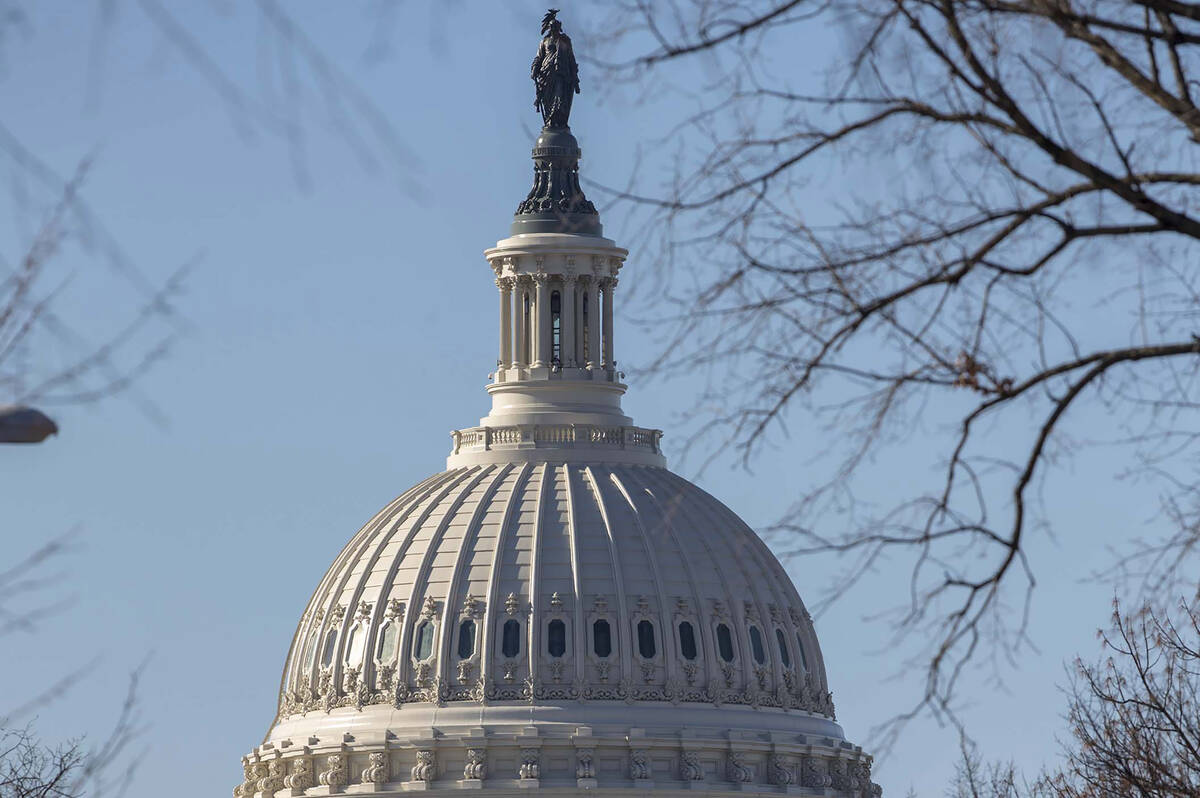EDITORIAL: Senate shouldn’t abrogate its authority over nominees
Presidents deserve wide latitude in selecting members of their Cabinet. But, at the same time, the Senate must take its advice and consent role seriously if the balance of power is to be preserved.
Donald Trump has raised eyebrows with his selections to run various government agencies. Yet many of his picks for top jobs — Susie Wiles as chief of staff, Marco Rubio for secretary of state, Lee Zeldin to run the EPA, Doug Burgum for interior secretary and Chris Wright to lead the energy department — are reasonable and able men and women who will serve honorably.
Others have been more controversial, particularly Rep. Matt Gaetz as U.S. attorney general.
Mr. Trump has made no secret that he expects the Republican Senate to act quickly on his nominees. Thanks to Sen. Harry Reid’s “nuclear option” — which eventually blew up in his party’s face — nominees no longer need 60 votes to overcome a filibuster threat. But Democrats can still use procedural gimmicks to gum up the works.
In that case, Mr. Trump has urged the GOP leadership to accept so-called “recess appointments” if nominees get stalled. Such a tactic — allowed under the Constitution — can occur when both houses of Congress are out of session for at least 10 days and would result in a limited term without Senate confirmation for the nominee in question.
Otherwise, the Constitution provides that, “The president can nominate and appoint ambassadors, judges and other officers of the United States with the advice and consent of the Senate.” This is clearly intended to check the power of the executive branch by giving the upper chamber a chance to reject presidential nominees if they are deemed unfit.
Several Republican senators understandably appear reluctant to surrender their authority to weigh in on Mr. Trump’s appointments.
“I don’t think we should be circumventing the Senate’s responsibilities,” GOP Sen. John Cornyn of Texas told CNN. “But I think it’s premature to be talking about recess appointments right now.” Sen. Thom Tillis, R-North Carolina, told the cable channel, “I expect us to treat every nominee coming from an administration, whether they’re Democrat or Republican, with respect, but at the end of the day, you got to have the votes and you better have the resume. That’s how this process works.”
Mr. Trump’s nominees deserve timely consideration in the Senate, and incoming Senate Majority Leader John Thune should do everything possible to make that happen. But recess appointments should be used sparingly and only as a last resort. For Mr. Thune and GOP leaders to abdicate the Senate’s oversight responsibility would set a precedent that Republicans would later regret and upset the checks and balances so vital to a healthy democratic republic.

















